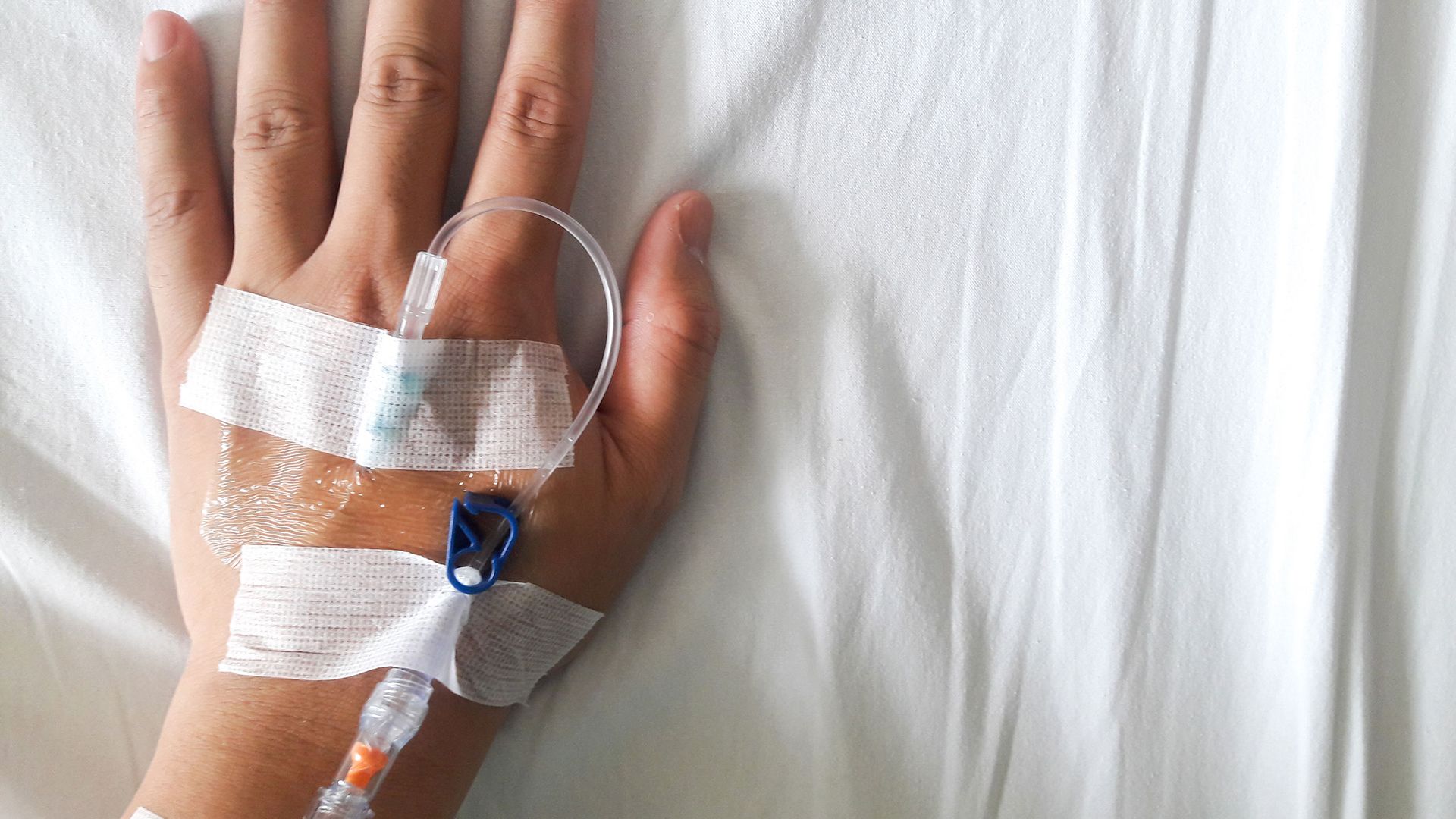Migraines are a neurological condition that cause recurring episodes of painful and unpleasant symptoms. During a migraine, a person may experience moderate-to-severe headache pain, which can occur on one or both sides of the head and may feel like throbbing or pulsing. In addition to headache pain, migraines can also cause nausea, vomiting, dizziness, sensitivity to light, sounds, or smells, loss of appetite, blurred vision, and sleepiness.
Migraines, headaches, and MS
Migraines are common in people who have multiple sclerosis (MS), and some research even suggests that migraines may be more common in people with MS compared to people without MS. It’s also believed that migraines may be a predictive symptom of MS, possibly related to the inflammatory stage of the disease or an increased sensitivity to pain—however, the relationship between MS and migraines is not fully understood, and more research is needed. Also, certain MS treatments may trigger headaches and migraines.
If you are experiencing headaches or migraines
It’s important to discuss headaches and migraine symptoms with a healthcare provider. Both MS and migraines are typically treated by neurologists, but you may need to see different healthcare providers for each condition—for example, migraine treatment may require a neurologist that specializes in headache disorders. Because headaches can have many different causes, it’s important to get an accurate diagnosis and appropriate treatment.
There are also steps you can take to be proactive in your management of headaches, migraines, and MS:
- Keep a diary. A diary can help you keep track of where you were and what you were doing when a migraine occurred. Stress, certain foods, and the weather are some examples of possible migraine triggers.
- Stay active and eat well. Regular exercise and good nutrition are important to overall health as well as migraine management. Avoid habits that can have a negative impact on MS and migraine management, such as smoking and alcohol consumption.
- Pay attention to caffeine. Increases and abrupt withdrawals of caffeine intake can trigger migraines.
- Manage stress. Find ways to manage stress levels, such as meditation, scheduling time to relax, and spending time with friends.
- Sleep. Try to maintain healthy sleep habits, such as going to bed at a consistent time each day and putting away electronic devices an hour before bedtime.
- Know how to manage a migraine. Figure out what may help ease your headache pain when a migraine does occur, such as turning off the lights, avoiding loud noises, or using a cold compress on your head or neck. Make sure you have migraine medications ready to go.
Most importantly, listen to your body! You know better than anyone when something doesn’t feel right. Trust what your body is telling you, and take precautions or make changes to your daily schedule when you notice triggers or don’t feel well. And always remember that your healthcare provider is your best source of information.






